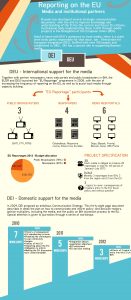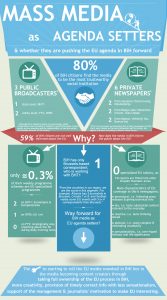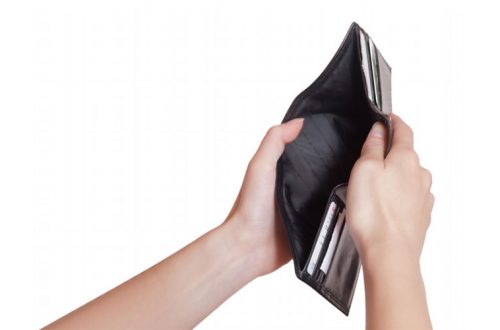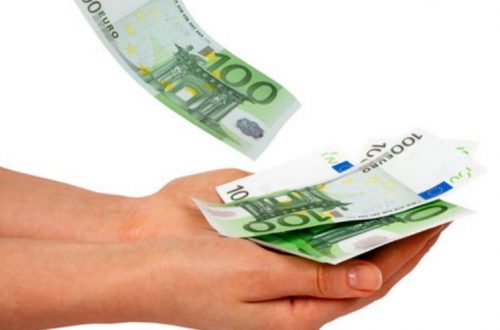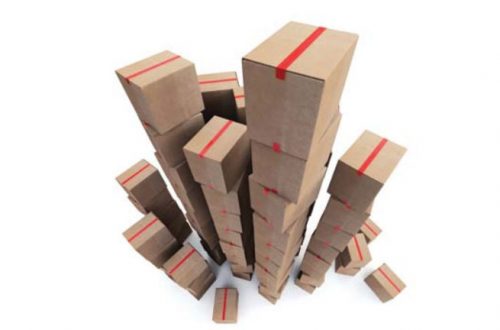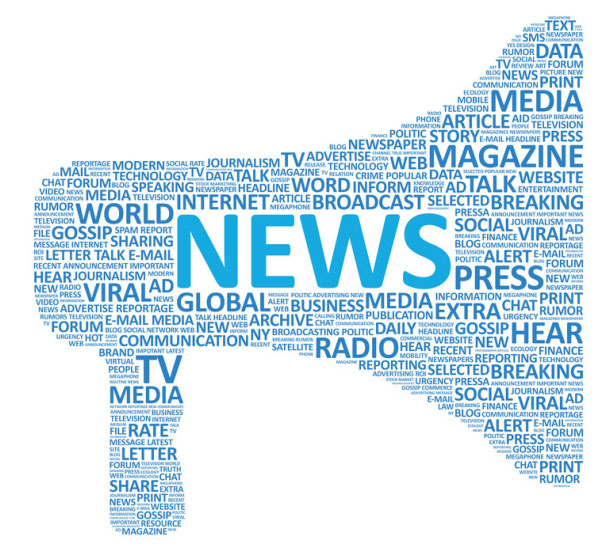
Report: From Brazil to Brussels
Have you ever wondered what the national football team of BiH and the ruling alliance of six political party leaders in Bosnia have in common? With substantial backing from the media, both have the power to steer the change, for better or for worse.
The night of March 22 when the former European champions Greece lost against BiH 3-1 was the epitome of happiness in most of the country. The victory brought together politicians, actors, journalists, priests and “ordinary” citizens. The air was vibrating with media headlines:
“BiH National Team United All Nations and Faiths”;
“Record by Record: Dragons Set Standards”;
“Dragons can do it!”
The euphoria that was generated in just one night over a single football match in the World Cup 2014 qualifications, blurred out all pessimism and gloominess, to which citizens are exposed every day through Bosnian media. Instead, it seeded optimism and hope. Most importantly, however, it illustrated the power of the media to set priorities and create a more positive and optimistic reality. Being in BiH that night meant a brighter future.
According to the recent research, published by the Association of BiH journalists, 80 % of the citizens in BiH find the media to be the most trustworthy of all social institutions. The media as the most trusted source of information are followed by religious organizations and the civil society actors. Such confidenceputs the media in a special position and vests them with a profound and powerful influence over the society. They can either fuel up the positivity and hopefulness, or create a continuous state of depression.
On the other hand, when it comes to political institutions and politicians in BiH in the past few years only one type of messages and sentiments is transmitted. The news coming to/from BiH and in BiH is almost exclusively focused on a chronic stalemate. Uncooperative governments, threats from Brussels, frozen relations with the EU, no agreements reached and a lack of reforms seem to be a permanent state of affairs in the country.
Especially in the last few months, very few positive pieces of news from the EU are sent to BiH. But how do Bosnian media report on the EU?
With the support of the Foreign and Commonwealth Office, UK Embassy in BiH and through the several months-long research, Populari aimed to understand how the media in BiH report on the EU. How many hours of TV programme are dedicated to this topic; who are the media leaders in this area; what do they think about it; and what is the end result. We have talked to editors, journalists, media experts, and domestic and the internationals actors that support local media.
The underlying purpose of this paper is to elaborate the role of the media in BiH in informing the public about the country’s relations with the EU, and the manner in which this is done. More importantly, Populari aimed to answer the question whether the media can be the key factor that could get the “EU snowball” rolling and break the deadlock that BiH is currently in.
It has been proven numerous times that media in BiH can create euphoria. One would expect the same élan to be created for one of the very few goals that unite most of Bosnian citizens: the EU.
In order to look into the media landscape in BiH, Populari interviewed most relevant actors, such as editors, journalists, information and communication officers, as well as media experts.
The findings revealed that even though the mass media recognize their crucial role in the society, their position so far remains underutilized. EU as a topic to be reported about is largely seen as unattractive and hence unprofitable with media following the trends rather than setting them.
Instead, it is currently the Delegation of the EU to BiH (DEU) and the Directorate for European Integration (DEI) mostly setting the media agenda through their activities. But DEI’s implementation of a clear set of obligations stemming from its own strategy has thus far been slow and unambitious, while DEU might need to revisit its communication strategy and adjust the media projects it sponsors to the Bosnian context better.
Report: From Brazil to Brussels (.pdf) >>>
Infographics: Reporting on EU
Infographics: Mass Media as Agenda Setters



